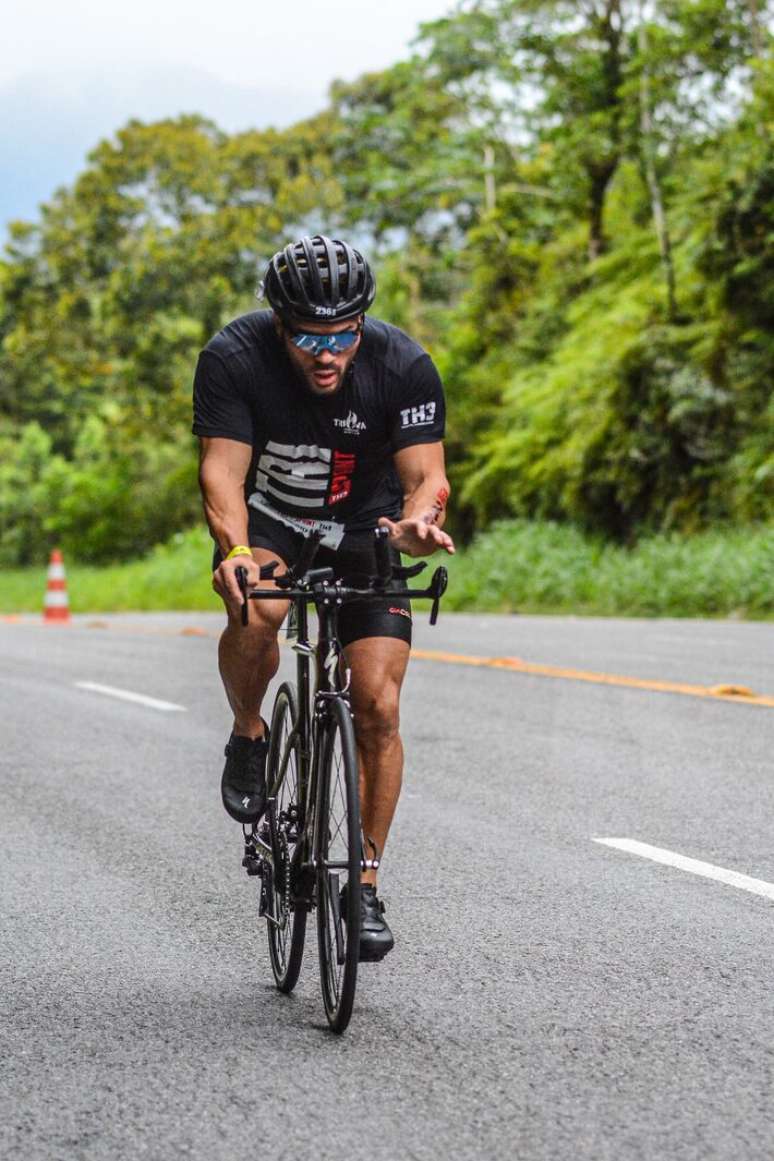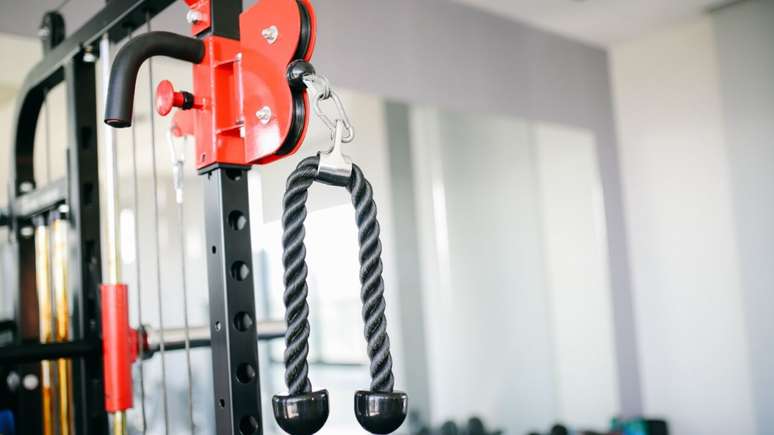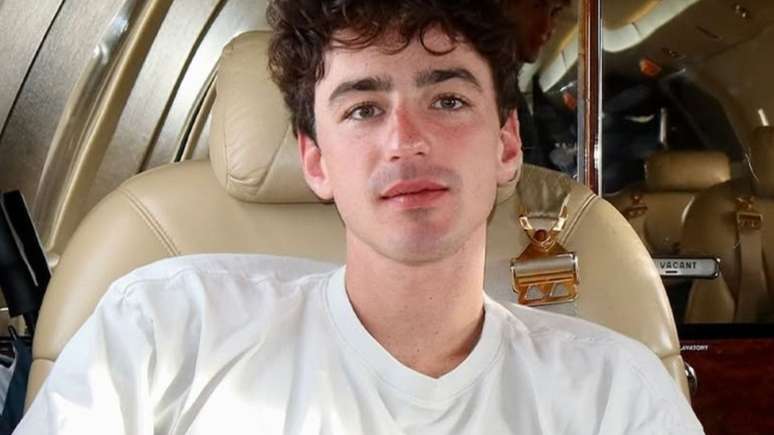“Mad Skills” are non-technical skills acquired through hobbies or personal interests; We heard from three CEOs who use sports for professional development and take this into account when hiring
Have you ever imagined how food, art and sports hobbies can boost your career? Unlike the transversal skills (socio-emotional skills), the crazy skills They are considered leisure activities carried out outside of the work environment that highlight some different aspect of the professional activity. The concept is gaining ground in Brazil. According to the head of the consultancy firm Robert Half, Lais Vasconcelos, the new skill can be defined as an “affinity trend”.
What are mad skills and why are they important?
The expert attests that these non-technical skills, acquired through hobbies or personal interests, can have a significant impact on professional performance. crazy skills involve characteristics such as resilience, creativity and the ability to work in a team.
Bobek maintains a strict workout and nutrition routine. The schedule includes soccer, tennis, weight training, and golf. The style extends to the office as well: only unsweetened coffee and healthy cakes are available in the space. The company has even formed a soccer team with its employees.
When hiring, Bobek believes that candidates with sports experience are best suited to competitive and challenging environments, such as sales.
While practicing sports is not an eliminatory criterion, Bobek notes that employees who adopt this routine tend to adapt better to the corporate culture. He also cites cases of professionals who, inspired by the environment, have started practicing sports.
Sports are not mandatory, but the company encourages crazy skills
Again according to data from the Robert Half Confidence Index, 17% of recruiters consider extra-professional activities only if related to the candidate’s sector of activity.
This logic applies to Dr. Peanut, a peanut butter brand from Curitiba led by entrepreneur Lucas Castro, 34.
The entrepreneur’s connection with sports began during his adolescence, influenced by his father. Lucas’ first business was a supplement store. At first he tried to hire people related to sports because the nature of the work required a certain type of knowledge.
Today, he doesn’t see the skill as a mandatory trait. However, Dr. Peanut’s culture encourages employees to adopt a healthy lifestyle, including exercise, even if it’s not an initial requirement for hiring.
Concentration, respect, teamwork and leadership, skills learned in sports, are crazy skills fundamental in professional performance, the entrepreneur believes.
According to Lais Vasconcelos of Robert Half, non-technical skills are gaining importance in selection processes in Brazil, with companies paying more attention to candidates’ hobbies and personal lives.
‘Mad Skills’ Drive High-Performance Culture, Says CEO
Sérgio Kendy, 31, CEO of The Best Açaí Group, believes that sports bring essential characteristics to the work environment. During job interviews, he tries to identify common behaviors in athletes, such as discipline and dedication.
He and two other partners are passionate about triathlons (swimming, cycling and running). The CEO says that “sports teaches you to have discipline in your work.” Two of the company’s salespeople have adopted the practice.
From the CEO’s perspective, these are the sports skills that contribute to professional development:
- Discipline and dedication: basis for achieving high performance.
- Intensity: You need to put energy and passion into what you do to get good results.
- Proactivity and commitment: characteristics you try to identify in job interviews.
- High Performance Culture: The company encourages sports practices, which shape a work environment focused on delivery and continuous evolution.
Robert Half’s Lais Vasconcelos notes this crazy skills are seen as a way to complement technical skills. “When I interview a candidate who is a marathon runner, for example, I already know that he has discipline, determination and the ability to overcome limits. These characteristics are highly valued, especially in leadership positions.”
Tips to Identify Crazy Skills in Job Interviews
Robert Half’s manager recommends starting the interview by talking about the candidate’s professional background and then exploring their personal life to better understand their hobbies and interests.
An effective way to introduce the topic is to ask how the professional’s personal challenges have helped him or her develop resilience and overcome obstacles.
- Sample question: “Can you give me some examples from your personal life that demonstrate your ability to overcome challenges?”
Vasconcelos evaluates the crazy skills as an “affinity tendency” in leadership circles. Participation in sports, such as triathlons, can create a natural identification between leaders and managers in a company. The connection can even facilitate networking.
“The trend is for this to increase as more and more organizations understand the importance of these skills,” estimates executive Robert Half.
Source: Terra
Ben Stock is a lifestyle journalist and author at Gossipify. He writes about topics such as health, wellness, travel, food and home decor. He provides practical advice and inspiration to improve well-being, keeps readers up to date with latest lifestyle news and trends, known for his engaging writing style, in-depth analysis and unique perspectives.








